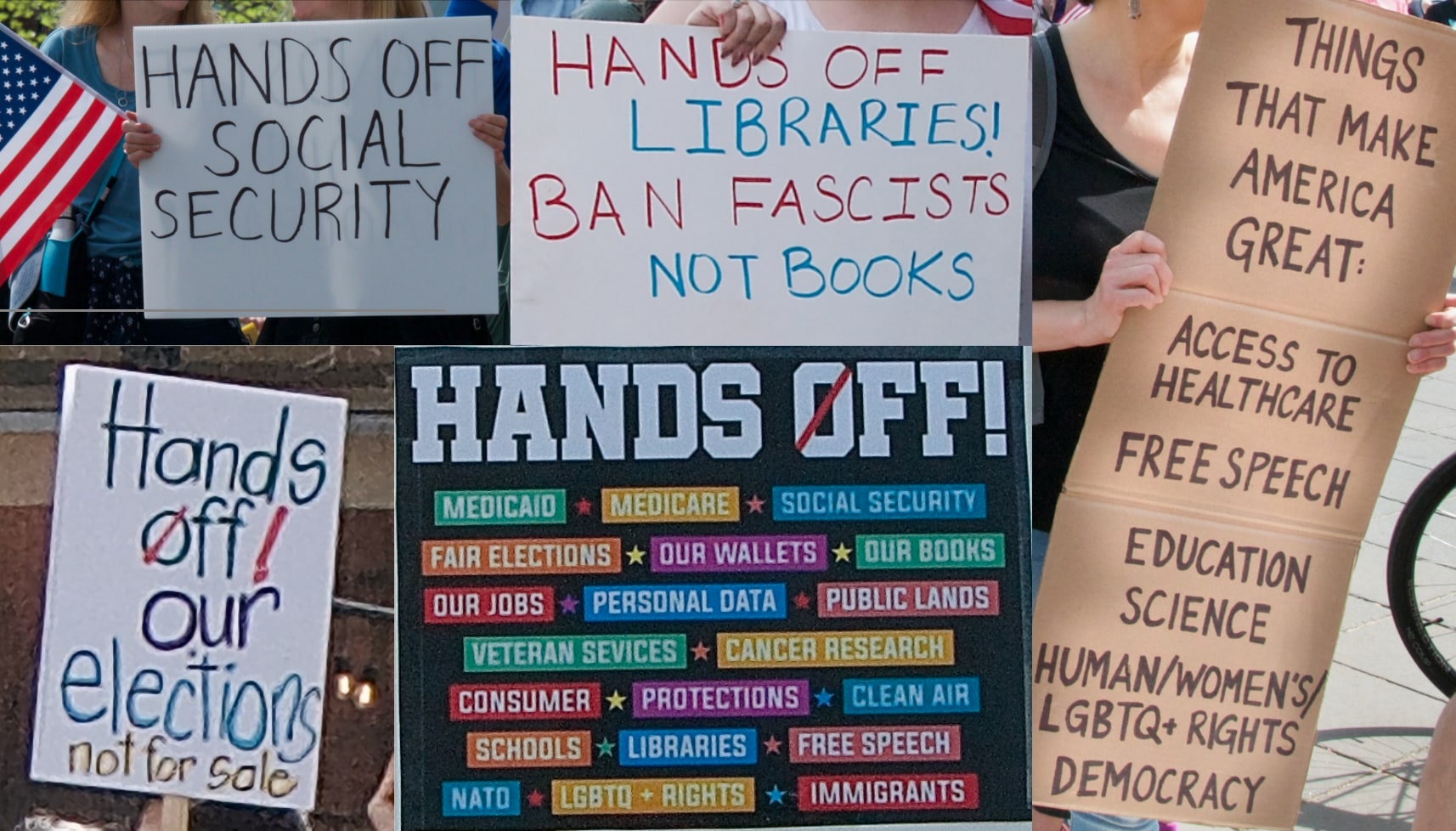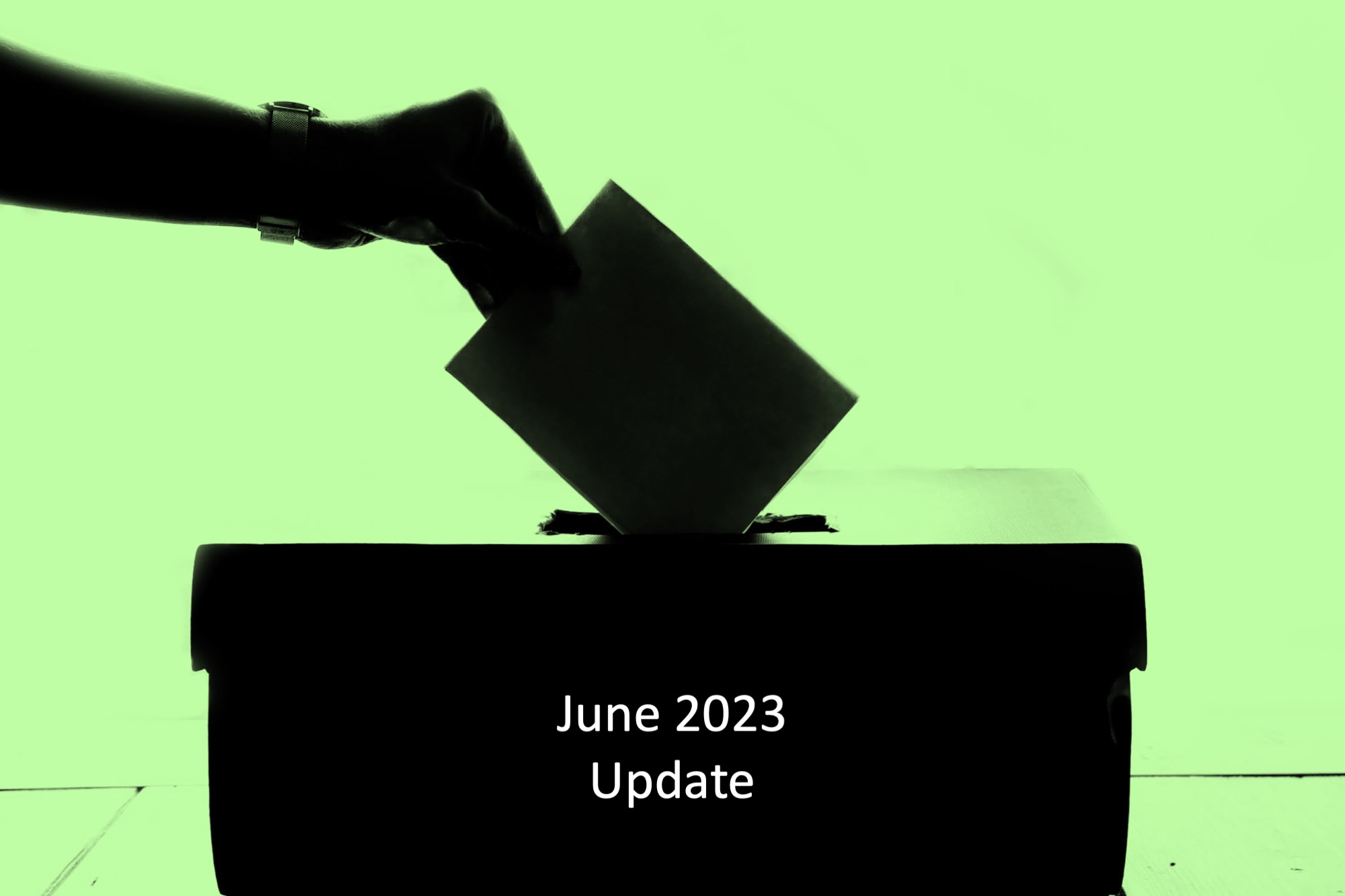Hydrogen Power in OH, Immigrant Protection in CO, Tariffs on Data Centers in MI
2025-11-11T09:40:34-05:00Beyond the election spotlight, Americans continue to press for ways to reduce greenhouse gas emissions, protect their immigrant neighbors, and make businesses and not consumers bear the cost of new infrastructure investments to support their growth.











